I. Introduction
The Department of One Health Governance focuses on governance and policy research topics in the field of one health.Focusing on the major health domains and governance systems among humans, animals and the environment, One health governance aims to study how stakeholders such as global governance institutions, national governance institutions, markets and social sectors can effectively interact with each other and generate systemic synergistic effects within the framework of one health science or the combined disciplines of global health governance, public policy and management and global health diplomacy.
Also, it aims to form an original, leading and translatable paradigm of one health governance and policy, and promote from a holistic perspective development of one health and global health, improve our public health governance capacity, and serve the community of common health for mankind.
There are four full-time faculty members and three part-time staff members, all with overseas study experience.
Teaching and research team: Li Shizhu (Deputy Director, National Institute of Parasitic Diseases, CDC), Zhang Xiaoxi (PhD in Economics), Wang Xiangcheng (PhD in Public Administration), Lv Shan (Director of Center for Global Health, National Institute of Parasitic Diseases, CDC), Jia Tiewu (Researcher, Schistosomiasis Unit, National Institute of Parasitic Diseases, CDC)
Research areas: one health governance, global health governance, health policy, health law, international health communication, spatial epidemics and social epidemics, etc.
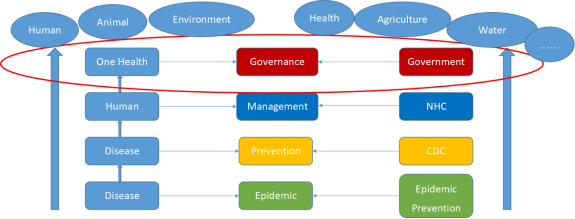
II. Research Team

Team PI: Shizhu Li Researcher
Deputy Director and Doctoral Supervisor, National Institute of Parasitic Diseases (National Center for Tropical Diseases Research), CDC
Deputy Director and Secretary General of Medical Parasites Branch of Chinese Society of Preventive Medicine
Deputy Director of Tropical Diseases Committee, China Endemic Diseases Association
Deputy Editor-in-Chief, Chinese Journal of Parasitology and Parasitic Diseases
Associate Editor-in-Chief, Journal of Tropical Diseases and Parasitology
● Presided over the National Natural Science Foundation of China, World Health Organization project, major special projects on infectious diseases; Participated in the National Key Research and Development Program, etc.
● Won the second prize of scientific and technological progress of the Chinese Medical Association, and the second prize of the China Healthcare International Exchange and Promotion Association.
● Organized the important construction of tropical disease surveillance system and vector surveillance center.
● Published more than 50 papers in Nature, Lancet Infect Dis and other journals.
● Has three edited monographs and one associate edited monograph.
Main research directions:
Be engaged in the research on the prevention and treatment of schistosomiasis, black fever and other vector-borne tropical diseases, and soil-derived food-borne parasitic diseases; information construction, journal publication, etc.
Be engaged in the research of spatial and temporal distribution prediction technology of tropical diseases, ecological detection, monitoring and control of pathogens and vectors, and has constructed ecological models of various vector-borne diseases as well as monitoring and early warning technology.
III. Working Platform
● A national parasite resource including vector organisms has been established.
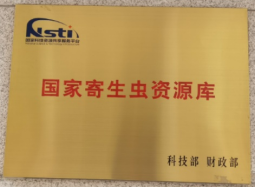
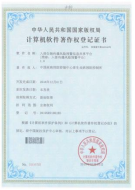
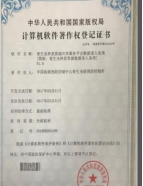
● A platform has been established for accurate detection and isolation and culture of emerging insect vector pathogens.
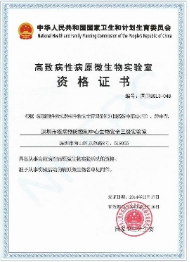
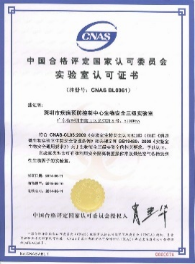



Biosafety level III laboratory isolation and culture of unknown pathogenic pathogens and highly pathogenic pathogens such as new Bunyavirus
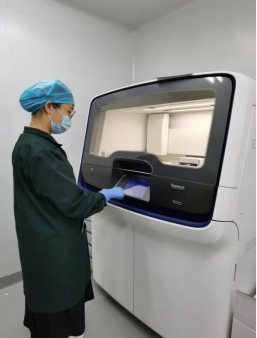
Milestones | Thermo Fisher Genexus Dx Fully Automated All-in-One NGS Sequencer Receives CE-IVD Certification
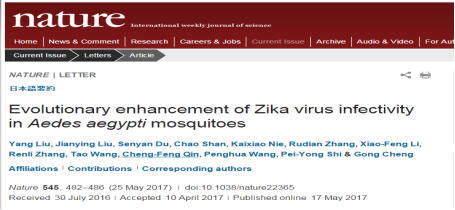
The research team identified a mutation in an amino acid site of the Zika virus NS1 protein that promotes Zika virus infection on mosquitoes, increasing the infection rate of mosquitoes in nature. The article was published in the May 25, 2017 issue of Nature.

Research team found a new virus in Aedes aegypti mosquitoes collected from Dongshan Island, Zhanjiang, China
● A research platform for traceability and risk assessment of the transmission of insect-borne pathogens has been established
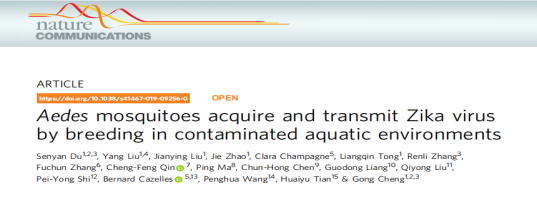
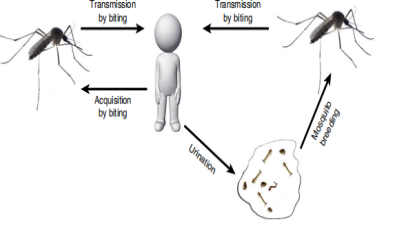
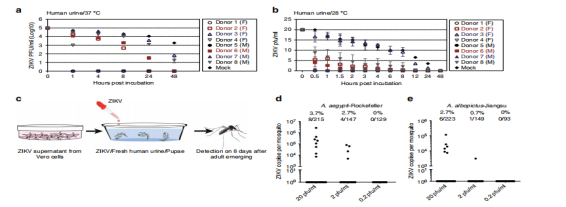
The research team found that the urine excreted by Zika virus infected people can contaminate the environment so that the larvae of Aedes aegypti mosquitoes can be infected, and after the development of adult mosquitoes, the female adult mosquitoes can be transmitted to other people through bloodlust, and the research team published a paper on the new transmission route of Zika virus in a sub-journal of Nature.
● Several research platforms have been established for the detection of pathogens and other related hazards and the occurrence of infectious diseases

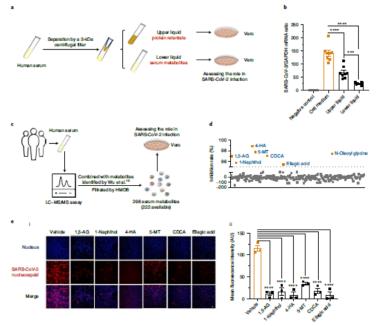
On May 9, 2022, the team published a research paper in Nature Metabolism entitled "A diabetes-associated glucose-like metabolite inhibits neo-coronavirus entry into host cells".
IV. Main Research
● Global One Health index (GOHI)
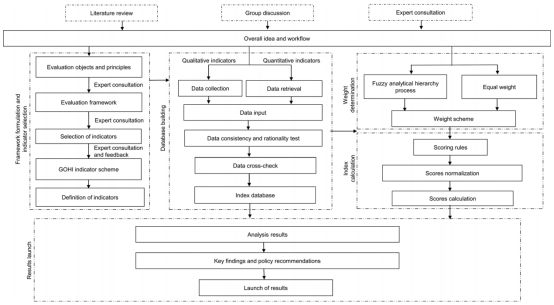
Flowchart for the construction of a global One Health index (GOHI)
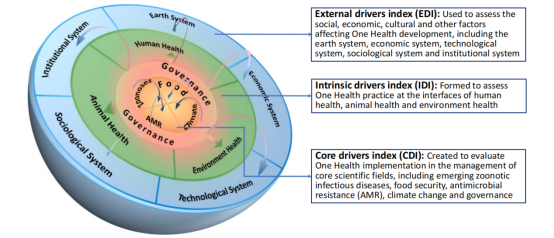
Cell-like framework of global One Health index (GOHI)
The One Health approach represents a more holistic way of thinking. In addressing increasingly complex One Health issues, the impact of social, cultural, natural and many other factors on the human-animal-environment relationship should be considered.
The One Health approach emphasizes the close linkages between human, animal and environmental health and seeks to mobilize cooperation among multiple sectors and disciplines at different levels of society
The fundamental aim of the One Health approach is to promote the harmonious development of human-animal-environment and to enable people to better meet the challenges of the core scientific issues of whole health.
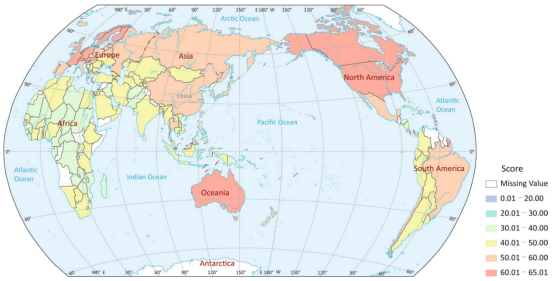
Global score map of a global One Health index (GOHI). Map approval No. GS (2022) 1516. The different colors represent different GOHI score ranges, as shown in the legend
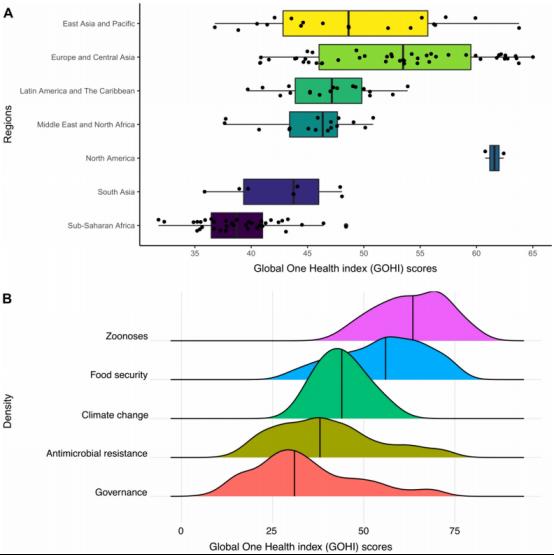
Regional (A) and dimensional (B) score distribution of a global One Health index (GOHI). A Boxplots of GOHI scores across countries by regions. B Density plots of subgroup GOHI scores across countries by fve dimensions of core drivers index (CDI)

“As well as helping to advance general understanding of the determinants and functions of a One Health approach, the results will enable the formulation of a realistic plan for implementing the principles globally and for promoting capacity building where it is needed.”
Zhang XX, Liu JS, Han LF, Simm G, Guo XK, Zhou XN. One Health: new evaluation framework launched. Nature 2022, 604: 625.
Zhang XX#, Liu JS#, Han LF, Xia S, Li S-Z, Li OY, Kassegne KK, Li M, Yin K, Hu QQ, Xiu LS, Zhu YY, Huang LY, Wang XC, Zhang Y, Zhao HQ, Yin JX, Jiang TG, Li Q, Fei SW, Gu SY, Chen FM, Zhou N, Cheng ZL, Xie Y, Li HM, Chen J, Guo ZY, Feng JX, Ai L, Xue JB, Ye Q, Grant L, Song JX, Simm G, Utzinger J, Guo XK, Zhou XN. Towards a global One Health index: a potential assessment tool for One Health performance. Infect Dis Poverty 2022, 11:57.
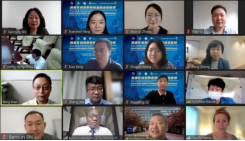
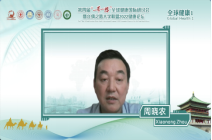
International conference promotion
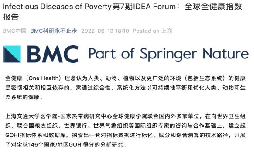
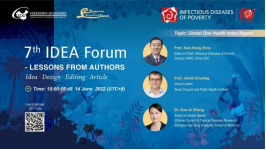
Academic platform extension discussion
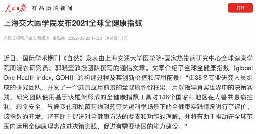
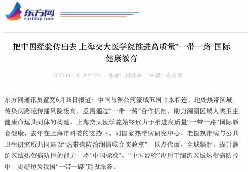
Mainstream media publicity coverage
● Field study on optimization of schistosomiasis control strategies during the transmission interruption phase
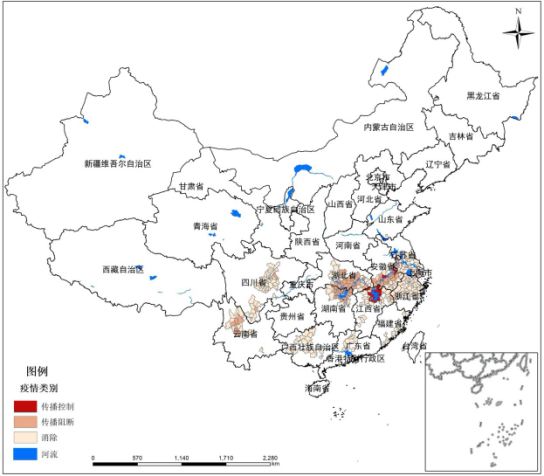
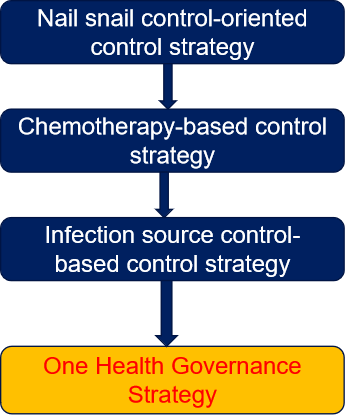
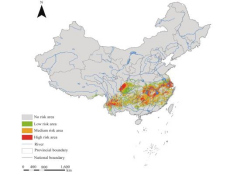
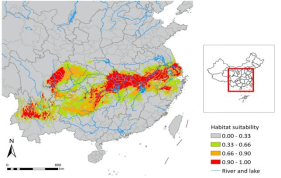
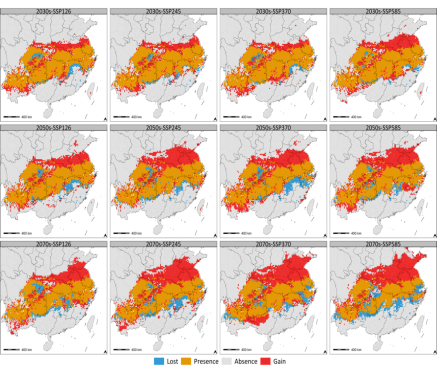
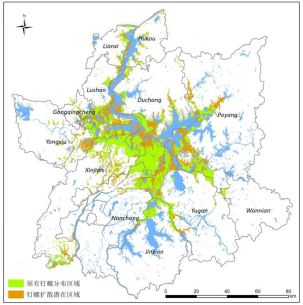
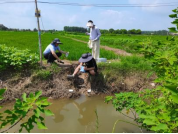

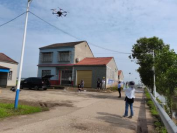
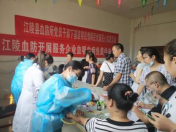

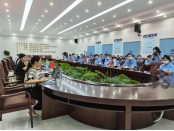
● Development and transformation of vector control drugs - snail killer
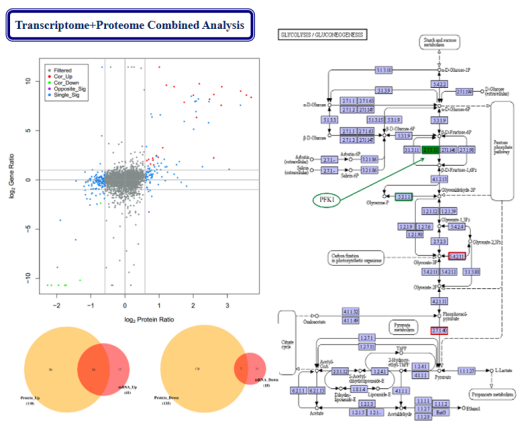
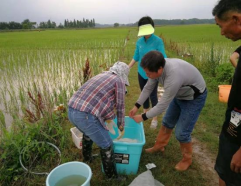
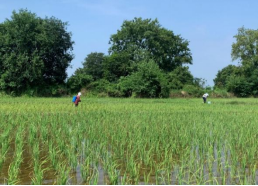
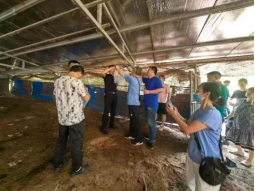


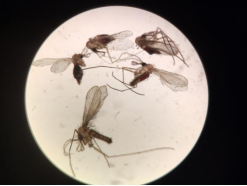
V. Current research projects
● National Natural Science Foundation of China - Research on Sino-Egyptian Vector-borne Tropical Diseases
● National Natural Science Foundation of China - Imported Malaria Surveillance and Early Warning
● National Key R&D Project - Empirical Study on One Health Intervention
● Shanghai Three-Year Action Plan - Risk of Schistosomiasis Transmission


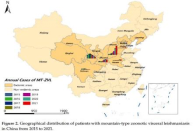
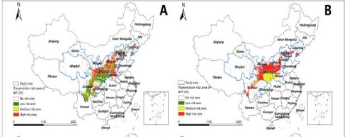
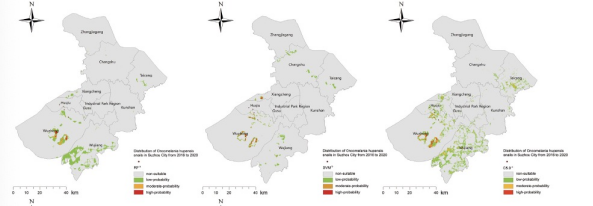
Nearly 20 professional papers published in 2022





